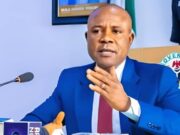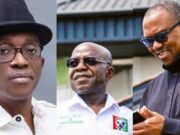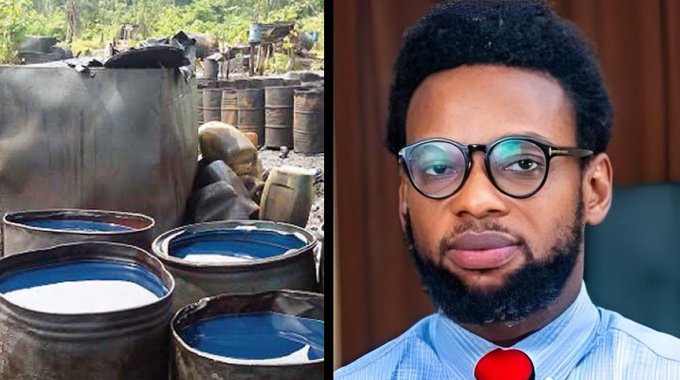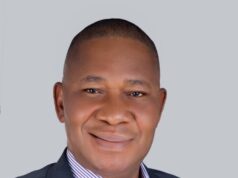Fisayo Soyombo, the founder of the Foundation for Investigative Journalism (FIJ), has accused the Nigerian Army of deliberately exposing his cover as an investigative journalist working to expose illegal oil bunkering in the Niger Delta.
He claims that the Army’s actions have jeopardized his personal safety and allowed oil thieves to track his movements.
Soyombo made these allegations during an interview on Arise News Channel’s The Morning Show on Saturday.
He expressed concern over his safety, stating that the Army had compromised his security by linking him to oil bunkering in an official statement following his arrest while investigating an illegal oil site in Rivers State.
“This is the first time I have genuinely felt my security compromised. By releasing that statement and connecting me to oil bunkers, the Army has effectively blown my cover. They told the illegal bunkers, ‘Look, this guy is investigating you.’”
He further explained that the Army, rather than seeing him as an ally in the fight against oil theft, treated him as a potential criminal.
Soyombo suggested that the military’s efforts to tackle illegal bunkering were being undermined by internal corruption within security forces.
He quoted senior military officials as saying, “There are collaborators within the security formations, not just one or two.”
Soyombo also criticized the Army for denying him access to legal representation during his detention by the 6 Division of the Nigerian Army in Port Harcourt.
He claimed that soldiers ignored his repeated requests to contact his lawyer and deprived him of his mobile phones.
“I was denied my right to contact my lawyer. Even if I were an illegal oil bunker, I should still have the right to call my lawyer. They denied me that right.”
Soyombo emphasized that his detention could have lasted much longer had it not been for the media’s attention on his case, which ultimately led to his release after three days incommunicado.
Soyombo revealed that his treatment improved once the Army realized he was a journalist.
“By Wednesday night, they became calmer. At first, they treated me like a criminal, but when they learned who I was, they relaxed. They even took me to the house of the anti-bunkering unit commander, where we sat, talked, and watched a Champions League game.”
Despite this shift in treatment, Soyombo questioned why he was detained in the first place, wondering which interests the Army was trying to protect by holding him.
He called on the Army spokesman, Col. Danjuma, to explain why he was detained despite the confirmation that he was not a criminal.
When asked about his relationships with oil bunkers, Soyombo explained that they were necessary for his safety.
“I maintain those relationships for my security,” he said.
Soyombo urged the Army to take responsibility for his wrongful detention and clarify its actions.
He stressed that journalists should not be silenced for exposing the truth.
“The Army spokesman needs to issue another statement and explain to Nigerians why the information I provided was leaked before I even spoke about it,” he said.

















